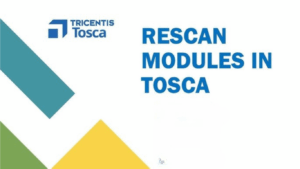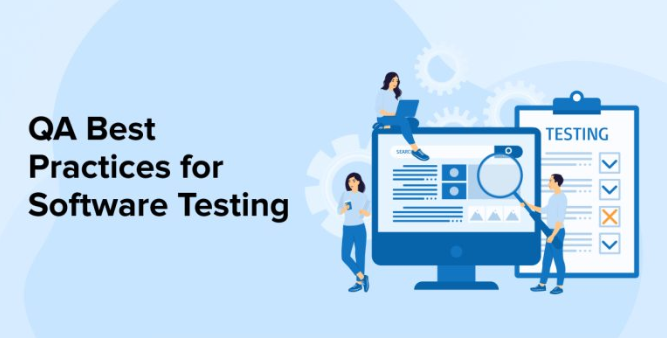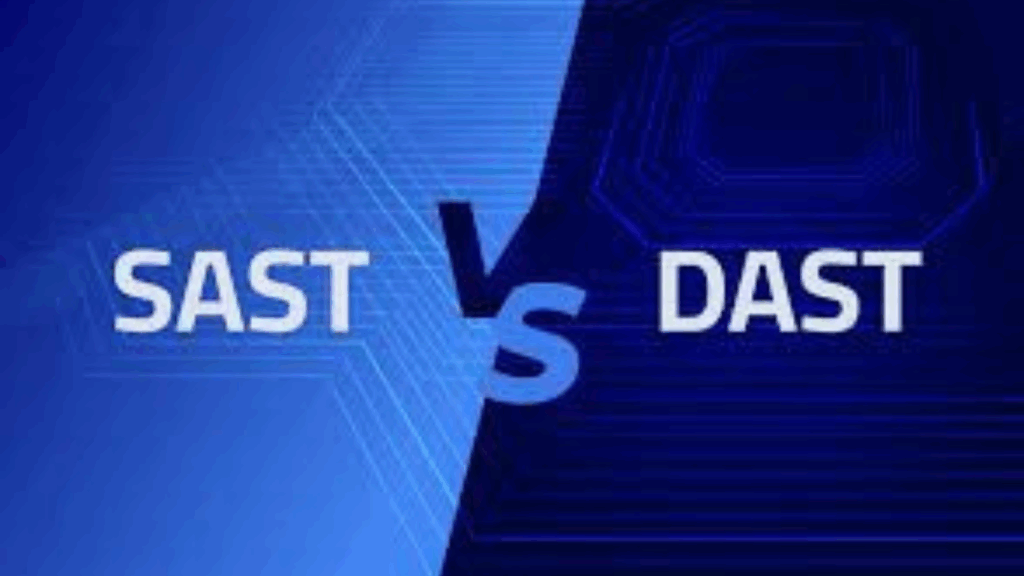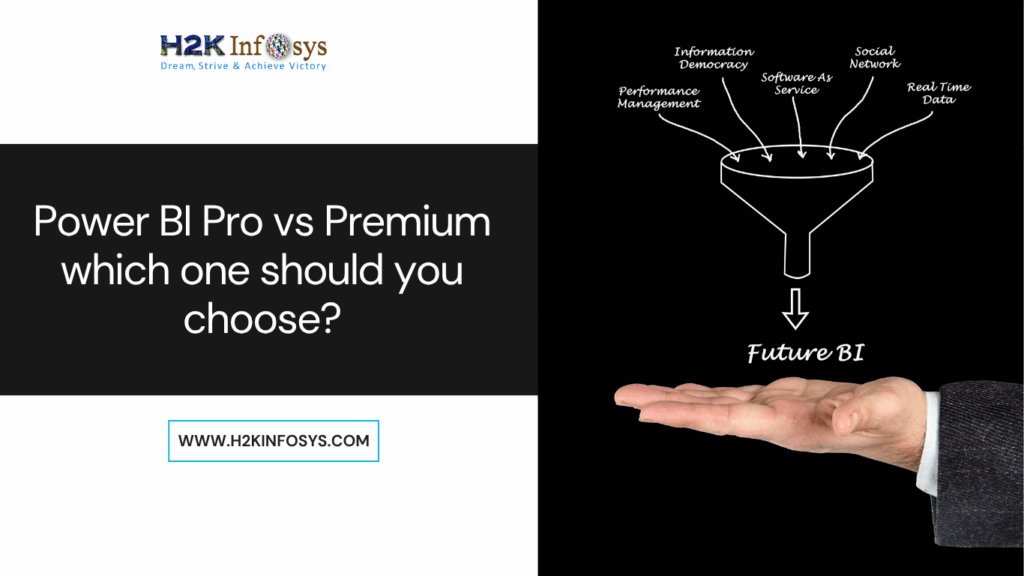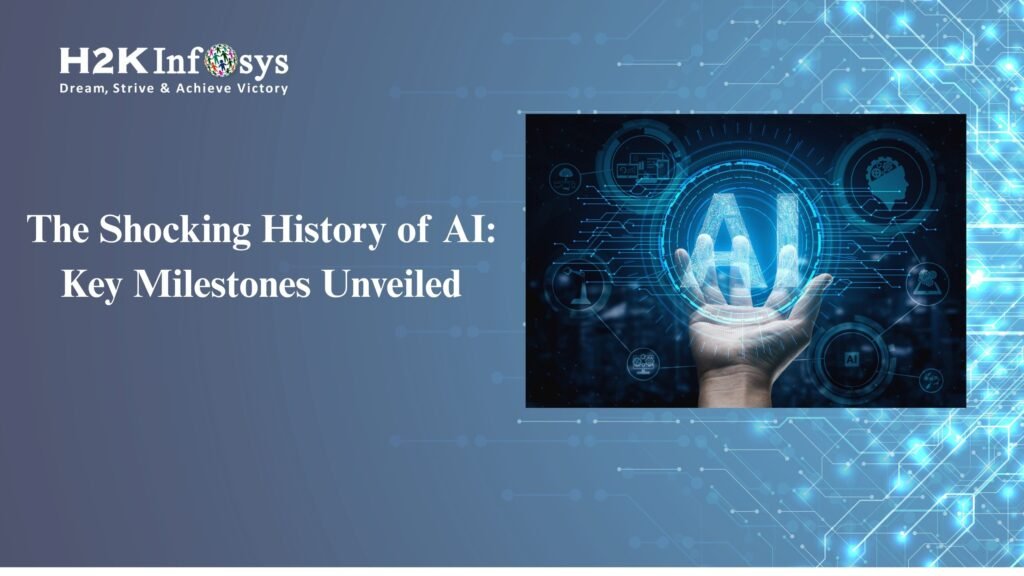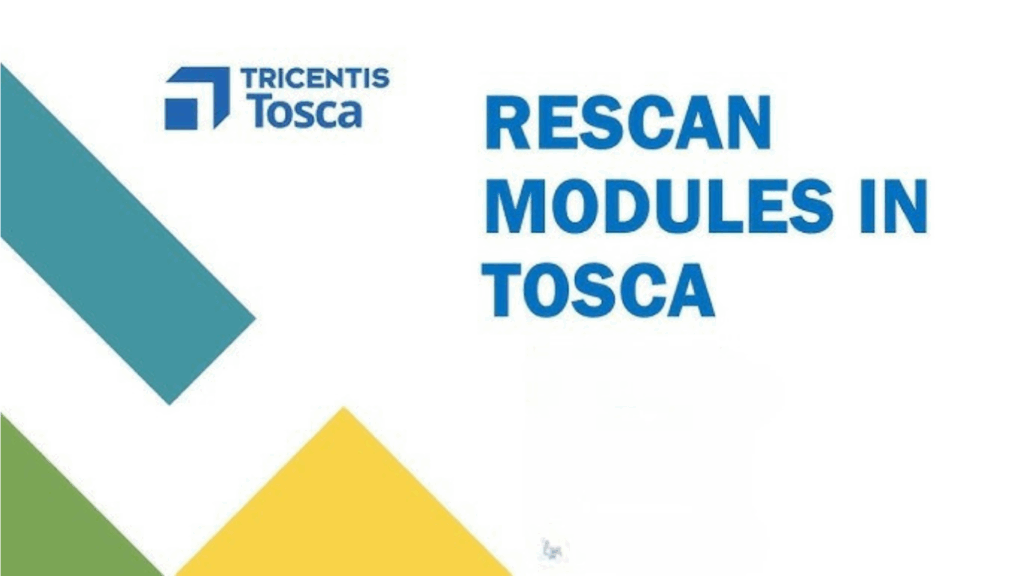Introduction: Why CRM Is Essential for Modern Business Success
Imagine a small business struggling to manage customer data, missing follow-ups, and losing potential sales. Now imagine that same business using a centralized system that tracks every customer interaction, schedules automated reminders, and provides actionable insights. That is the transformative power of a CRM.
CRM, short for Customer Relationship Management, is no longer a luxury or optional tool. It has become a necessity for businesses of all sizes that want to build better customer relationships, streamline operations, and scale efficiently. Whether you run a startup or manage a large corporation, implementing a CRM system can redefine how your business operates and serves its customers.
In this comprehensive guide, we will explore why setting up a Customer Relationship Management system is crucial and how training especially through Salesforce training certification and salesforce online training can equip professionals to manage it effectively.
What Is a CRM and How Does It Work?
A Customer Relationship Management system is a software platform that helps businesses manage their customer data, sales pipeline, marketing campaigns, and service operations in a centralized location. CRMs collect data from various touchpoints (emails, calls, forms, website interactions) and make it accessible to sales, marketing, and support teams.
Key Features of a CRM System:
- Contact Management
- Lead and Opportunity Tracking
- Workflow Automation
- Reporting and Dashboards
- Email and Call Integration
- Customer Service Management
With a proper Customer Relationship Management in place, companies can personalize communication, improve customer satisfaction, and make informed decisions based on real-time data.
The Top 10 Reasons Every Business Should Set Up a CRM
1. Centralized Customer Information
A Customer Relationship Management provides a unified database accessible to all departments, eliminating data silos. Everyone gets a 360-degree view of customers.
2. Improved Sales Pipeline Management
Track leads and opportunities through every stage of the sales funnel. A Customer Relationship Management ensures no opportunity slips through the cracks.
3. Boost in Customer Retention
By tracking past interactions, businesses can proactively follow up with customers, resolve issues promptly, and offer timely promotions.
4. Data-Driven Decision Making
CRM dashboards give real-time analytics, helping businesses understand customer behavior, campaign effectiveness, and sales trends.
5. Workflow Automation
Automate repetitive tasks such as email responses, meeting scheduling, and customer follow-ups to free up your team’s time.
6. Personalized Marketing Campaigns
Use customer data to tailor email campaigns, segment audiences, and improve targeting. Customer Relationship Management systems help marketers achieve better ROI.
7. Enhanced Team Collaboration
CRM allows different departments to work together efficiently. Sales, marketing, and support share notes and updates seamlessly.
8. Scalability for Growth
Customer Relationship Management systems can scale with your business. Whether you have 50 customers or 50,000, the system adapts to your needs.
9. Mobile Access and Remote Work Enablement
Modern Customer Relationship Managements are cloud-based and mobile-friendly, making them perfect for remote teams and on-the-go employees.
10. Compliance and Data Security
Top CRM platforms include compliance features (e.g., GDPR tools) and secure data handling protocols.
Salesforce: The Market Leader in CRM
Salesforce dominates the Customer Relationship Management market with a 20%+ share, trusted by Fortune 500 companies and startups alike. Its flexibility, scalability, and robust feature set make it the preferred choice for businesses across industries.
Salesforce is more than just a CRM. It offers solutions for sales, marketing, customer service, e-commerce, and analytics all built on a powerful cloud infrastructure.
To maximize the potential of Salesforce, businesses need trained professionals. That’s where Salesforce certification courses and salesforce admin training and placement programs become crucial.
Why Learning Salesforce Matters for CRM Implementation
Implementing Salesforce Customer Relationship Management is not a plug-and-play experience. It requires configuration, customization, integration, and ongoing administration. This is why organizations prefer certified professionals who have completed:
- Salesforce admin course
- Salesforce certification training
- Salesforce training online or in a hybrid format
Benefits of Salesforce Training:
- Learn how to configure dashboards, workflows, and user roles.
- Understand Customer Relationship Management data models and security settings.
- Gain hands-on experience through sandbox environments.
- Become job-ready with placement support after training.
How CRM Helps Different Business Departments
Sales Department:
- Track leads, contacts, and deals
- Forecast revenue with pipeline reports
- Automate email sequences and reminders
Marketing Department:
- Segment audiences based on behavior
- Launch and track campaigns via integrations
- Analyze campaign performance in real-time
Customer Service Department:
- Manage cases and support tickets
- Create knowledge bases for self-service
- Route customer queries to the right agent
HR and Recruitment:
- Manage candidate pipelines
- Automate follow-ups and interview scheduling
- Maintain applicant history and documentation
Real-World Examples: CRM in Action
Example 1: Small Retail Business
A boutique clothing store started using Salesforce Customer Relationship Management to track customer preferences and purchase history. By doing this, they increased repeat purchases by 32% through personalized email campaigns.
Example 2: B2B SaaS Company
A software company implemented a Customer Relationship Management to manage its enterprise clients. Automated lead scoring helped prioritize top prospects, reducing the sales cycle by 25%.
Example 3: Healthcare Provider
A regional clinic used a CRM to streamline appointment scheduling, send reminders, and store patient communication records. Result: 40% fewer no-shows.
Common Myths About CRM Debunked
“CRM is only for large companies.”
Not true. Even small businesses benefit significantly from centralized customer management.
“CRM is too expensive.”
Cloud-based Customer Relationship Management platforms offer tiered pricing to suit businesses of all sizes. ROI often outweighs costs.
“CRM is hard to implement.”
With Salesforce training certification, the learning curve becomes manageable. Trained admins and developers can deploy CRM quickly and efficiently.
How to Get Started: CRM Setup Roadmap
Step 1: Identify Your Business Goals
Outline what you want the CRM to achieve (e.g., better lead tracking, improved follow-ups).
Step 2: Choose the Right CRM Platform
Salesforce is highly recommended due to its versatility, training ecosystem, and community support.
Step 3: Train Your Team
Enroll in salesforce training courses and admin certification programs to build in-house expertise.
Step 4: Migrate Data
Import customer and lead data into the Customer Relationship Management system using data import tools.
Step 5: Configure Dashboards and Automations
Customize workflows, dashboards, and reports to match your processes.
Step 6: Monitor, Optimize, and Scale
Use insights from CRM analytics to improve processes and scale operations.
Why H2K Infosys Is Your Go-To for Salesforce CRM Trainin
H2K Infosys offers industry-aligned Salesforce admin training and placement programs tailored for both beginners and professionals. With real-time projects, hands-on sandbox experience, and expert guidance, learners are prepared to take on Customer Relationship Management responsibilities confidently.
Benefits of choosing H2K Infosys:
- Flexible schedules for salesforce training online
- Experienced instructors and mentors
- Salesforce course designed for job readiness
- Certification guidance and placement support
Key Takeaways
- CRM systems are essential for businesses to manage customer relationships efficiently.
- Salesforce is a top-tier Customer Relationship Management platform used by global companies.
- Businesses benefit from trained professionals who’ve completed salesforce certification training.
- CRM implementation drives collaboration, automation, and revenue growth.
- Small to large businesses can customize Salesforce CRM to suit unique needs.
Conclusion
Every modern business regardless of size or industry needs a Customer Relationship Management to survive and thrive. With the right tools and training, companies can unlock a new level of productivity, customer satisfaction, and growth.
Take the next step Enroll in H2K Infosys Salesforce courses and become a Customer Relationship Management-ready professional today!
















